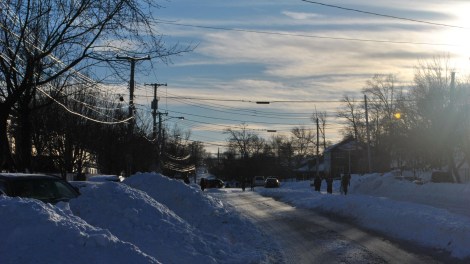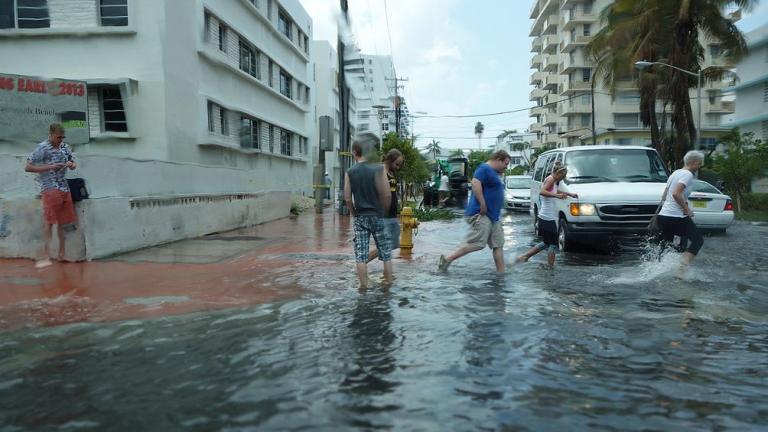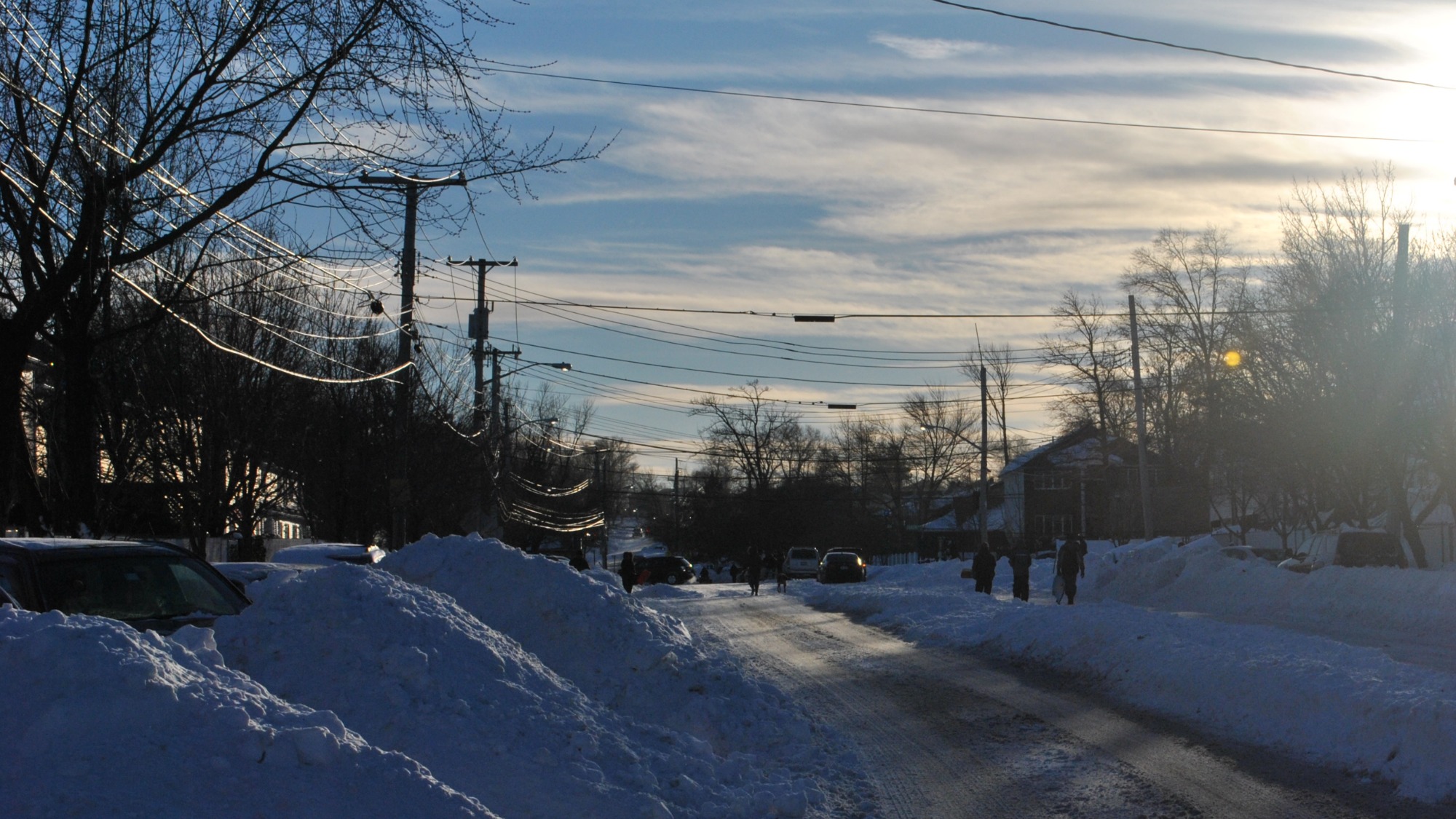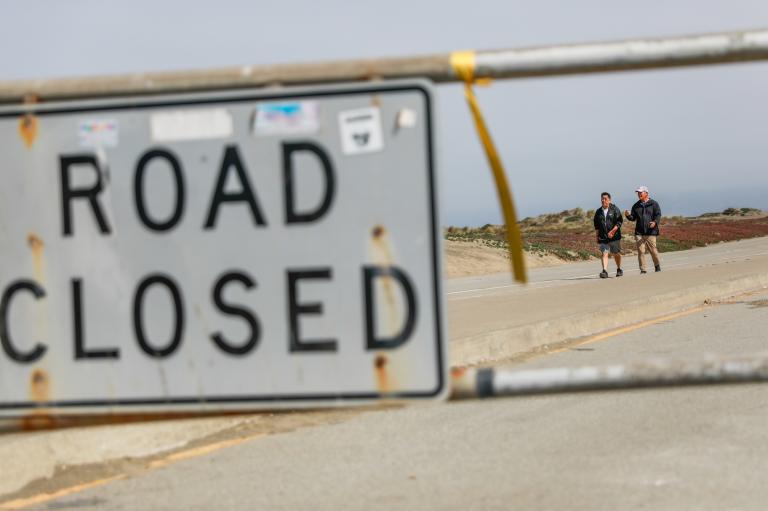
VincentJames21Dreaming of an oil-waste-free Christmas?
As snow and ice encrust wintertime roads in New York state, local and state transportation officials are turning to a questionable new source of salt to help them melt away the hazards of slippery roads: waste produced by the oil and gas industry.
That’s a dirty habit that environmentalists and some lawmakers hope to break.
New York-based environmental group Riverkeeper discovered that officials were receiving state approval to use salty waste from drilling wells and gas storage facilities as a de-icer.
The discovery came after the nonprofit made a public-records request to the state’s Department of Environmental Conservation. Riverkeeper’s Kate Hudson said the documents handed over after that request revealed that the agency had approved 30 requests to use tainted brine from the oil and gas industry as a de-icer — and that was prior to the recent return of Old Man Winter. Two of those permitting requests came from state transportation offices that manage roads in multiple counties.
The documents also contained results of lab tests conducted on the waste-turned-de-icer. From Riverkeeper’s blog:
A review of these brine testing results from both natural gas production brine and brine from natural gas storage facilities showed extremely high levels of chloride. Chloride can corrode infrastructure and negatively affect aquatic life and vegetation. In addition, results … revealed the presence of benzene and toluene. Benzene is a carcinogen and has been linked to blood disorders such as anemia, while toluene has been linked to nervous system, kidney, and liver problems.
The group is also concerned that the waste could contain radioisotopes, and that it will end up washing into the state’s waterways.
Riverkeeper initially feared that the waste came from fracking, but the DEC denies that. Now Hudson tells Grist, “The brine that DEC has approved for road-spreading use appears to come from low-volume oil and gas wells in New York and from gas storage facilities.”
New York state Sen. Terry Gipson (D) introduced legislation earlier this year that would outlaw the use of such waste to de-ice roads in the state. But the bill, S04656, has been awaiting a committee hearing since April.
“The idea that we are going to go out and let it be poured on our roads and our bridges, which often go over our water resources, is just ridiculous. It’s going into the yards where our children play; it’s going into the farmland where we grow our food; and it’s going into the water that we use to drink and irrigate our crops,” Gipson told WAMC. “It’s irresponsible behavior and we need to stop it.”



